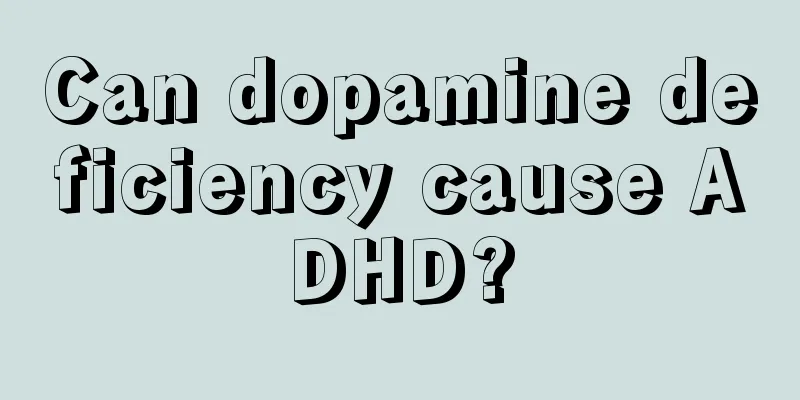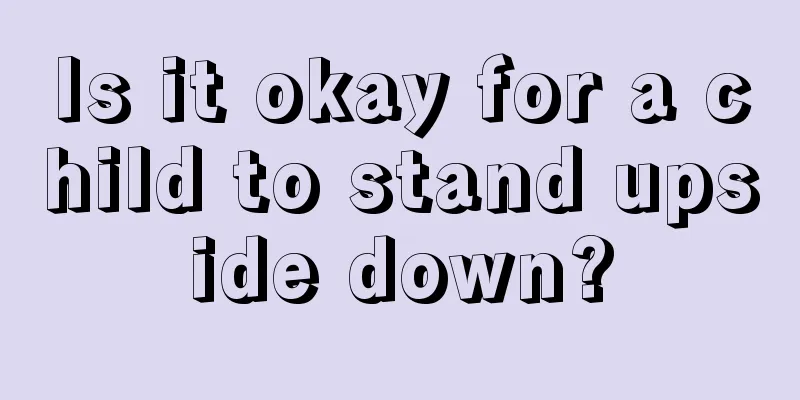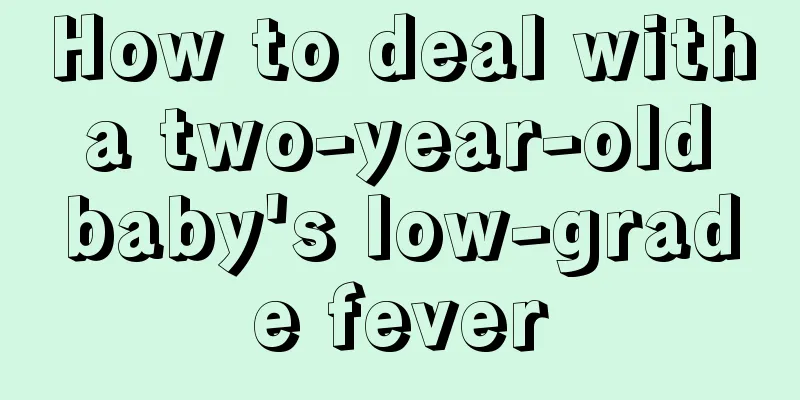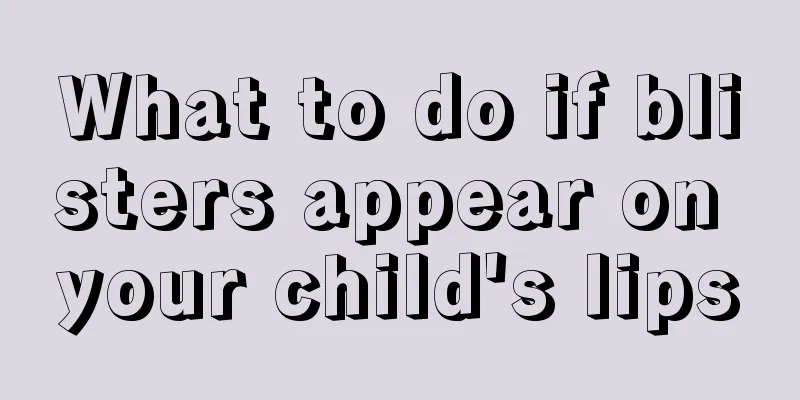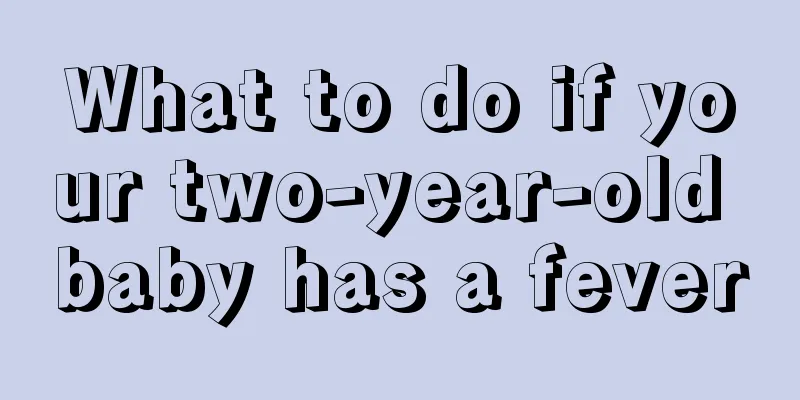The impact of yelling at children
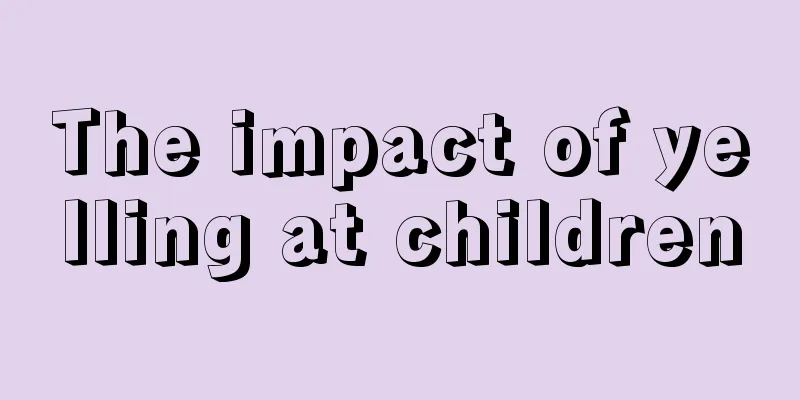
|
Nowadays, parents have very high expectations for their children. They all want their children to be successful, so if their children do not do something well, the parents will be very disappointed. Some parents with bad tempers will yell at their children, scold them harshly, and some even use violence when their children fail to meet their expectations. So, what are the consequences of yelling at children?
When you yell, the child's heart is closed because the psychological protection mechanism will make the child protect himself. Some children will cover their ears with their hands to avoid it, while others will cry to protect themselves. Because your yelling causes too much damage. Children who are hurt by their parents' yelling are filled with fear and may even tremble. They rely on wild imagination to escape the terrifying real world. Yelling at your children can scare and hurt them, and the long term effects can be low self-esteem, poor self-esteem, lack of self-control, impulsiveness, moodiness, impatience, and many more mental problems. Children who grow up being yelled at are also more likely to treat their own children the same way in the future, and they will in turn treat their parents the same way.
Method 1: Leave your child at the right time and let yourself calm down When parents are angry, they should temporarily leave their children for a minute, calm down, relax their emotions, and think of effective ways to solve the problem. In this way, when parents return to their children, they will use more rational methods to solve the problem. Method 2: Learn to accept your child’s emotions When we are about to get angry, parents can take deep breaths to calm themselves down. It can help us suppress the anger in our hearts. Wait until you are really calm before communicating effectively with your child. Method 3: Let the child suffer the consequences of his own actions On the premise of ensuring safety and avoiding adverse consequences, parents can also let their children experience the pain of their own actions. Through their own practical experience, children will be able to deeply understand how correct and important their parents' teachings are.
When facing children, we should express their needs and establish reward and punishment mechanisms for certain "must-do" or "encouraged" aspects. When the child does something right, reward him according to the previous agreement. When he does something wrong and you have agreed that there will be a punishment, punish him accordingly. Over time, he will gradually learn what is wrong and will not do it again. |
<<: How to take care of a two-month-old baby
>>: Does playing football affect children's height?
Recommend
What should I do if my two-year-old baby has a sore throat and repeated fever?
If your child often has symptoms of coughing, you...
Can infant developmental delay be cured?
For many parents, the development of their baby i...
Rehabilitation training methods for children with cerebral palsy
Many people are familiar with cerebral palsy. Thi...
Is baby antidiarrhea milk powder good?
Many children have incomplete intestinal developm...
What can children eat to cure dry cough quickly?
Dry cough in children is quite harmful and is oft...
Symptoms of hemangioma in babies
Hemangioma is a disease that many people are fami...
What to do if your newborn baby has red eyelids
A mother goes through a year of preparation for p...
Three-year-old baby with skin allergies
When children are young, their resistance is very...
What happens if my child has diarrhea and bloody stools?
Parents are very concerned about their children&#...
Why does my baby have diarrhea in the middle of the night?
In our lives, many babies will have diarrhea. Bec...
Tips for two-month-old babies to wake up
Babies fussing during sleep is a manifestation of...
What should I do if my child has a fever at night?
The problem of children's fever makes parents...
What is the reason why children are prone to nosebleeds?
Children are prone to nosebleeds. Parents should ...
What to do if your child has a bad stomach
Children with poor gastrointestinal function ofte...
Children grinding their teeth while sleeping
Many people grind their teeth, which affects the ...

